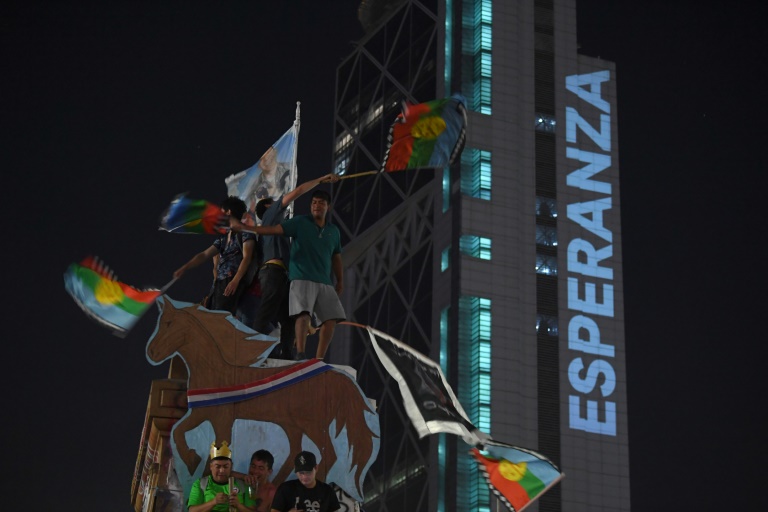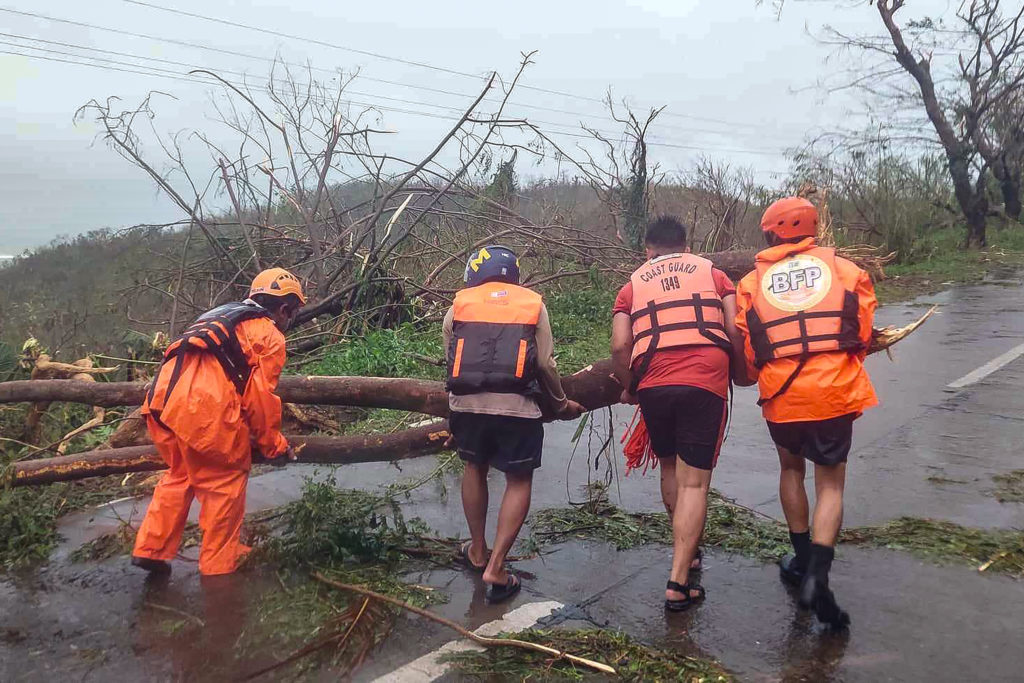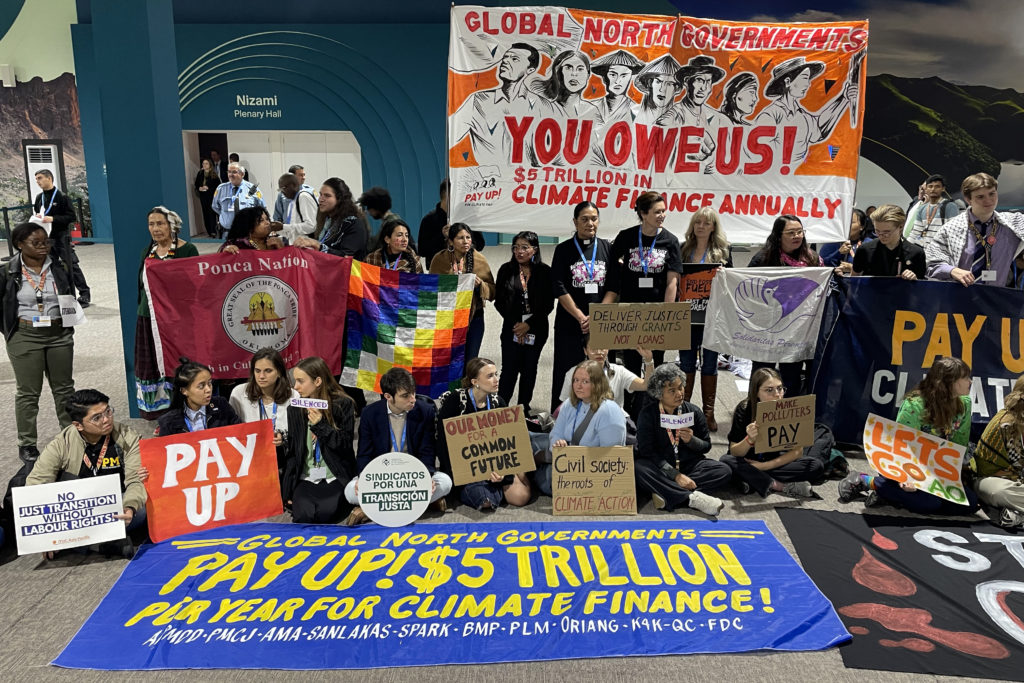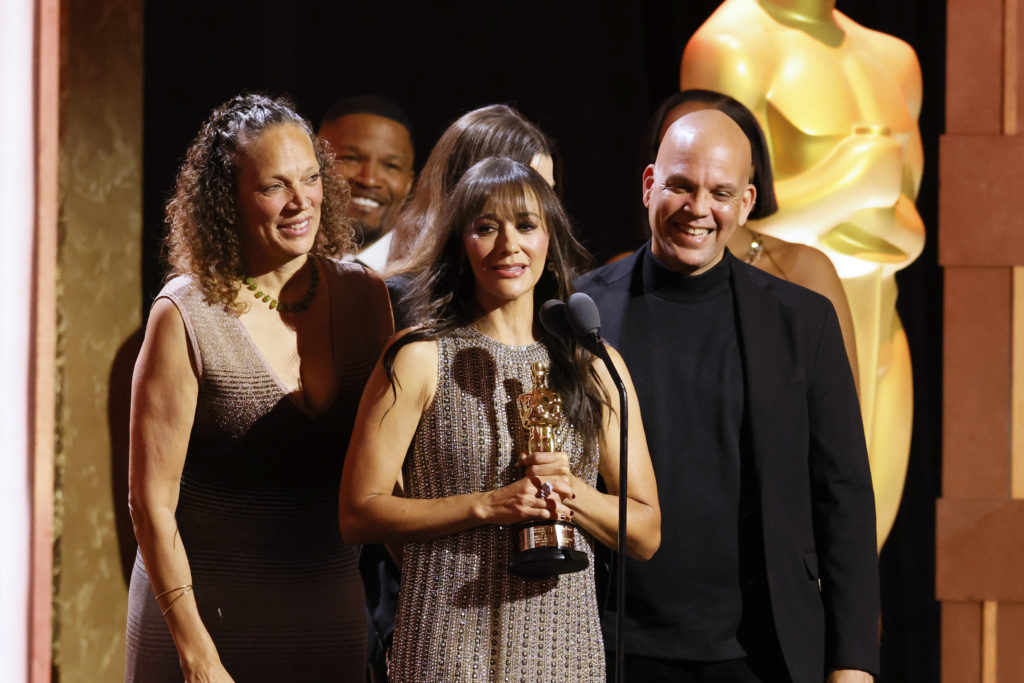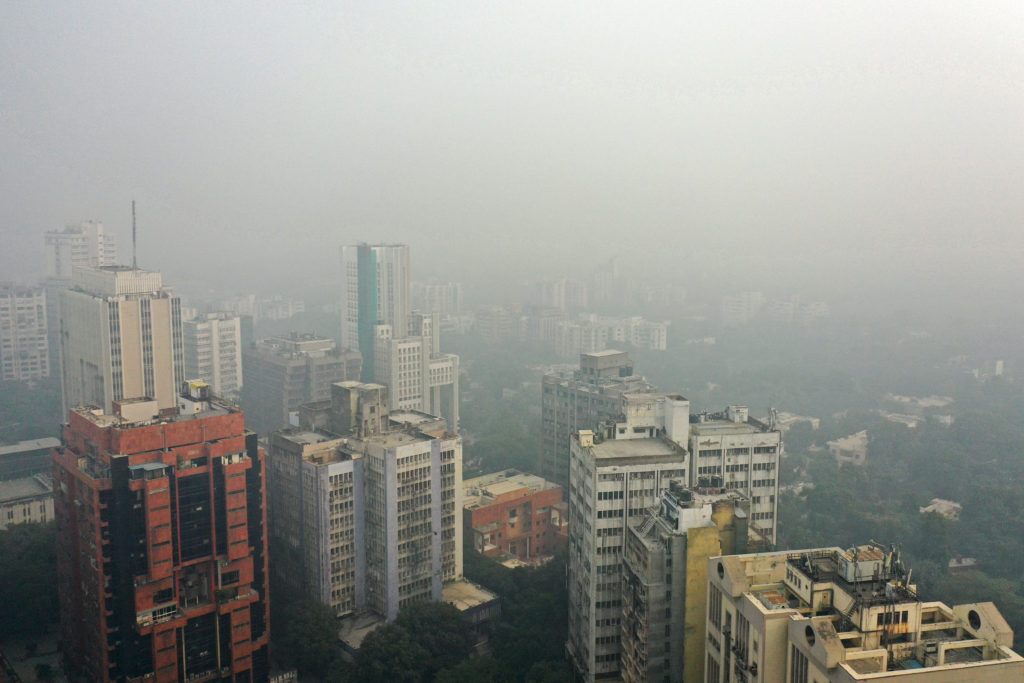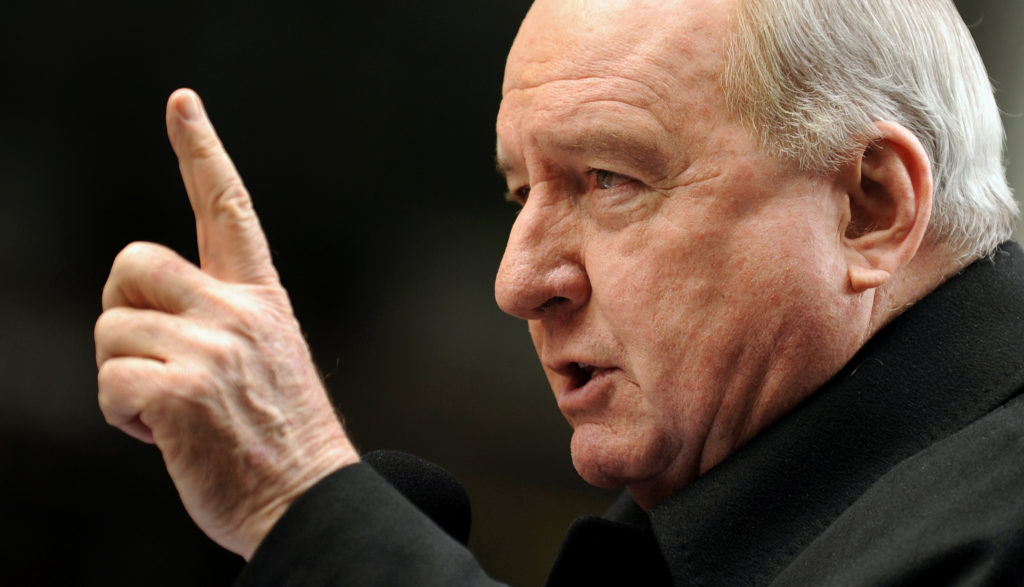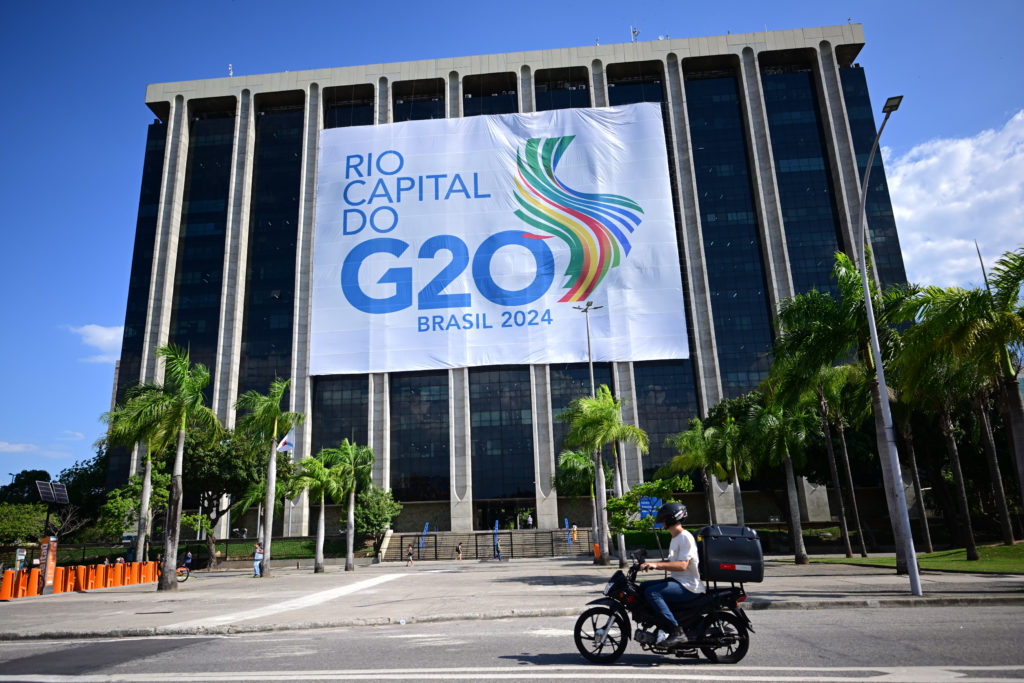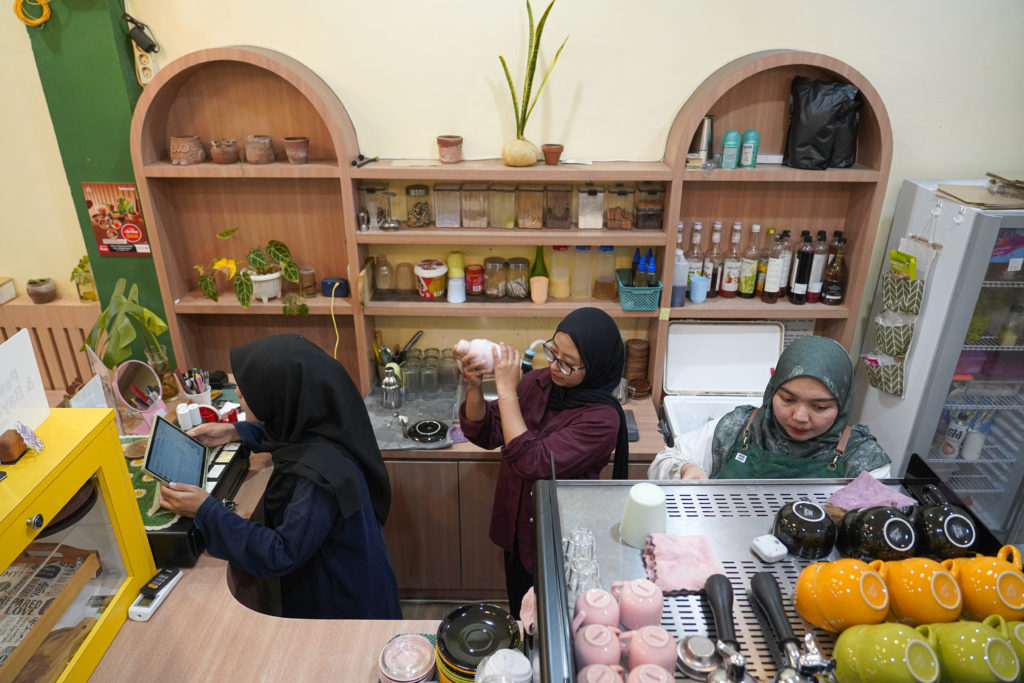Chile’s leftist president-elect Gabriel Boric faces an uphill battle, with no majority in Congress, economic trouble on the horizon and a society reeling from a polarizing campaign.
Analysts say one of the first tasks for Boric, painted a “communist” by his detractors, will be to reassure financial markets of stability in one of Latin America’s wealthiest countries.
Boric had campaigned on a promise to install a “welfare state” in Chile, which is also one of the world’s most socially unequal nations — a status quo that gave rise to a deadly uprising in 2019 that rocked the country and the economy.
He pledged after his election Sunday to “expand social rights” but to do so with “fiscal responsibility.”
“We will do it protecting our macro-economy,” he said.
The Santiago stock exchange closed 6.18 percent lower Monday on Boric’s win.
The Chilean peso ceded 3.4 percent to the US dollar to reach a historic rate of 876.
Even if he wanted to bring about radical changes to Chile’s neoliberal economic model, the youthful president would find it difficult to convince a Congress that is just about equally split between left- and right-wing parties.
“Governing is going to be very, very difficult,” Michael Shifter of the Inter-American Dialogue think tank told AFP.
The new president is “going to have to negotiate and make deals and alliances.”
This could weaken his appeal among backers with high expectations for rapid change.
“They could become frustrated, so it’s not just discontent on the right, and distrust on the right, but also disappointment within his own base” that Boric will have to contend with, said Shifter.
– ‘Time to heal’ –
Sunday’s vote saw record turnout in a country with a high abstention rate and an electorate left politically orphaned when they split the centrist vote in November’s first round, leaving Boric and far-right candidate Jose Antonio Kast as the last men standing.
Even among those who supported Boric’s socially liberal policies and promises of socio-economic change, there was suspicion of his political alliance with the Communist Party.
Many voters told AFP they would vote for the “lesser evil” between Boric and ultra-conservative Kast, an outspoken apologist for Chile’s dictator Augusto Pinochet.
“Boric will have to heal a nation,” Patricio Navia of New York University told AFP.
“But the constitution-writing process is still underway and there will be a plebiscite on the new constitution in less than a year. So, I don’t think there will be much time to heal. 2022 will be a tough year.”
A new constitution is being drafted to replace the one enacted under Pinochet. It is credited with Chile’s relative wealth, but also blamed for the country’s deep-rooted inequality.
One percent of Chileans own 25 percent of the nation’s wealth, according to a United Nations body.
The new constitution — a response to the 2019 revolt — will be voted on next year.
– Economic slowdown coming –
In the meantime, all eyes are on the markets.
With the victory of the left, “there may be people that pull their money out of Chile and investors won’t come in, that will affect the economy and then you’ll see people on the streets,” said Shifter.
After declining 5.8 percent in 2020 due to pandemic-imposed lockdown measures, Chile rebounded to end 2021 with a projected growth of about 11.5 percent.
But 2022 is likely to be less rosy, as the fallout from the coronavirus epidemic continues.
“Undoubtedly, the government will face difficulties due to the economic situation that is expecting a strong slowdown in the coming years,” Maria Jaraquemada of the Institute for Democracy and Electoral Assistance told AFP.
Much of the recent growth was fueled by government grants amounting to some $3 billion to stimulate a pandemic-ravaged economy, and individual withdrawals from private pension funds totaling $50 billion.
The withdrawals, three in total, were approved by Congress in response to strong public pressure — a short-term poverty alleviation measure that will leave millions of Chileans with less money to retire on.
Chile’s central bank has already raised interest rates twice since November, by 1.25 percentage points each time.
Now at 4.0 percent, it is widely expected to be further hiked in 2022 to contain inflation, which is expected to close 2021 at about six percent — double the target range.
Grants will stop, too.
The new president “will take charge of a complex macro-economic scenario, into which he will have to factor the withdrawal of fiscal stimulus,” Juan Ortiz of the Diego Portales University’s economic faculty told AFP.
Boric has promised to rein in fiscal debt, which in June reached 33 percent of GDP.

